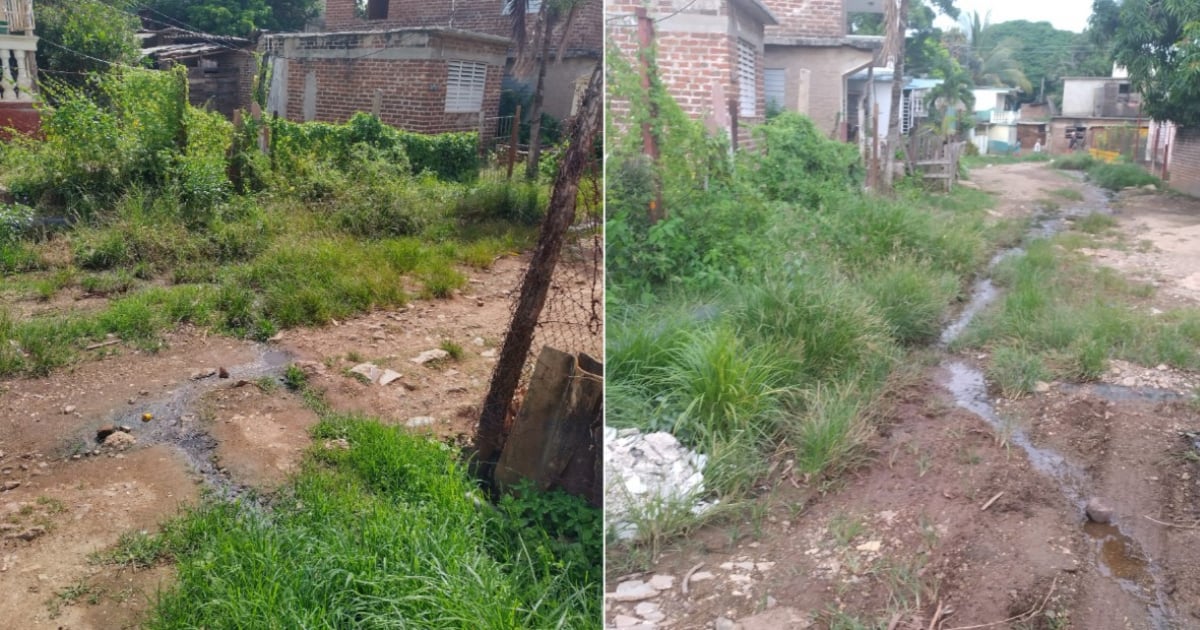
The Cuban Yenys Fernández Pupo, resident in the city of Holguín, reported the poor unsanitary conditions in which her community is located and requested attention from the authorities to a problem that is affecting the health of the area's inhabitants.
Through a post on her Facebook profile, Fernández Pupo expressed concern about the existence of sick individuals.
“I, in particular, have been sick for a month and have visited the Holguín Clinical Surgical Hospital twice, and they have only done tests and no other examinations to diagnose the new virus that is circulating,” expressed the woman from Holguín in reference to the Oropouche that has been spreading across Cuban territory.
In her complaint, the Cuban attached photos of the place where she lives, which she said "no leader in this province is interested in, and if it weren't for the same sick neighbors who cleaned everything yesterday, the mosquitoes would still be in their favorable environment to continue reproducing."
At the beginning of July, the Cuban regime reported that the Oropouche virus has spread to 12 provinces of the country and that it lacks resources to start fumigation campaigns to prevent the spread of the transmitting mosquito.
The National Director of Epidemiology of the Ministry of Public Health (MINSAP), Francisco Durán, confirmed on national television that the virus has been identified primarily in rural and semi-rural areas, and patients usually show symptoms similar to dengue.
"The virus began in Santiago de Cuba and Cienfuegos, but today we also talk about Matanzas, Mayabeque, Villa Clara, Sancti Spíritus, Ciego de Ávila, Holguín, Guantánamo, Artemisa, Camagüey, and Granma," said Durán.
The existence of numerous water outlets, garbage dumps, and natural areas ideal for mosquito breeding exacerbates the situation and complicates vector control.
What do you think?
COMMENTFiled under: